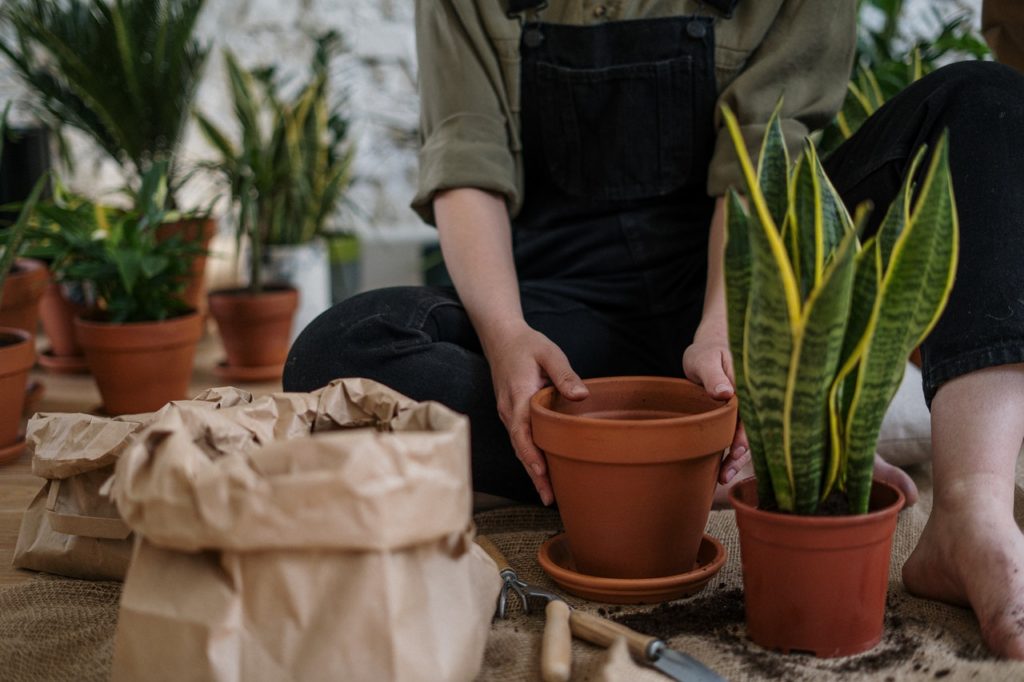Summertime, along with sunny outdoor outings and warm afternoons, also brings bugs and other unwelcome pests to gardens everywhere. If pests and insects are a huge problem in your area, here are some easy ways to help prevent these critters from bothering you too much or potentially spreading life-threatening diseases (in serious cases) so that you and your family can enjoy pleasant summer days outside.
Check and Insect-proof Your Garden Water Features
Water features like fountains and ponds must ideally have consistent moving water through an electric aerator or recirculating pump. For bird baths and other shallow water features, aim to change the water at least twice weekly. Moving water discourages insects from laying eggs, plus changing the water regularly interrupts their life cycle and prevents the larvae or eggs from maturing.
Keeping mosquito fish is usually recommended for keeping mosquitoes away. However, this is not an ideal solution because the fish could spread to nearby waterways, through an overflowed pond, for instance, and invade the local waterways.
Plant Bug-Repelling Plants Strategically
Planning certain plants could help repel particular garden pest species. These help keep the garden insect-free without affecting the microflora or polluting your soil. Consider planting chrysanthemums, lavender, nasturtiums, basil, citronella or lemongrass, marigolds, mint, lemon thyme, rosemary, or petunias.
Get Rid of Stagnant Water
Flies and mosquitoes seek standing water for breeding and could lay up to 200 eggs in one go, so make sure to eliminate stagnant water sources in your garden. These could include water in plant saucers, watering cans, garbage can lids, pots without drains, clogged gutters, hollow tree trunks, and grill covers.

Install Mosquito Nets
People typically use mosquito nets for covering beds inside their homes. However, they could also be utilized for safeguarding outdoor seating places in your garden. They also serve as cheaper and more flexible alternatives to screens since you can use them exactly where they’re needed and move them around.
Take note that if your goal is protection from bugs, all gaps, including those between the nets and posts, ground, and ceiling, have to be closed completely, eliminating all potential access points for stealthy bugs.
Consider Adding Screens
Building physical barriers between the bugs and yourself is the ideal way to avoid being bitten. Add screens to windows and doors to keep bugs out. You can also consider screening-in your porch, so you can enjoy outdoor meals minus the bug bites. For existing screens, make sure to check for any tears or holes and repair them as needed. Tiny bugs could easily pass through these seemingly tiny gaps.
Remove Outdoor Seating Areas From Deeply Shaded Spaces
Bugs that go biting in the day tend to hide in shadowy areas outside to avoid being seen. So if you plan on spending your days outside when the sun’s out, place your seating arrangement under the sun to avoid bugs from bothering you.
This approach would still work even if your seating arrangement were under a shade cover or umbrella. As long as you have a buffer of patio or lawn under the full sun that surrounds the seating area, daylight-loving bugs would be dissuaded from hanging out with you.
However, it’s vital to note that insects and bugs play a crucial role in your garden ecosystem. Their larvae are perfect food sources for bigger insects, while adult bugs serve as pollinators.
That being said, if your area has reported cases of bug-borne diseases, it’s best to check out your county’s office for recommended control measures and have an insect control professional evaluate your garden for safety measures.

